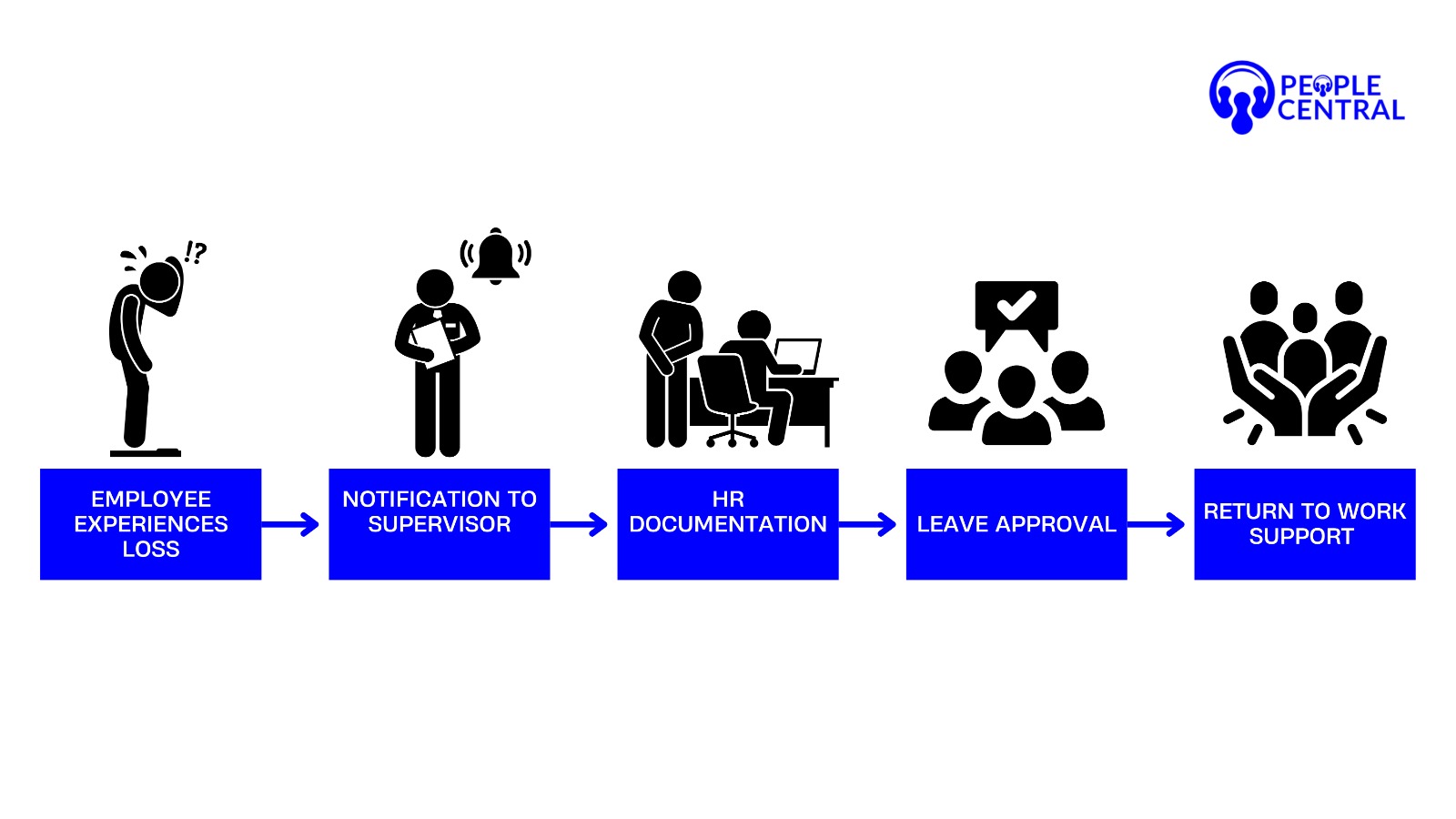In the vibrant and dynamic corporate environment of Singapore, characterized by a fervid emphasis on efficiency and productivity, there has been an increasing recognition of the need to support their employees in their times of severe personal distress. Compassionate leave or bereavement leave, therefore, marks the backbone of nurturing a humane and understanding workplace culture.
Compassionate Leave in Singapore Defined
Compassionate leave is only affording employees time off to attend to the death or any family emergencies when considered within the framework of all other forms of leave such as annual leave and sick leave. According to the Ministry of Manpower (MOM), while compassionate leave is not a requirement under law in Singapore, many companies nevertheless regard it as a function provided in the package of employment benefits to showcase their concern for employee welfare.
Compassionate Leave Singapore: Current Practices
Most of the companies based in Singapore offer 2-5 days of compassionate leave on the demise of immediate family members. Progressive organizations these days extend this benefit’s coverage to the:
- Death of immediate family members
- Death of extended family members
- Critical illness of family members
- Family emergencies calling for immediate attention.
Compassionate Leave Singapore: Best Practices for Companies
Forward-thinking organizations in Singapore are reimagining their compassionate leave policy for greater support. Here’s a glimpse into what industry leaders are implementing:
Also Read : Unlocking the Benefits of Shared Maternity Leave: A Comprehensive Guide
Flexible duration
Recognizing that grief cannot be scheduled, some organizations are implementing flexible periodicity for compassionate leave. Additional provisions for unpaid leave or for working from home during transition are also possible.
Extended family coverage
Progressive policies all recognize that family structures supply diversity, and that besides, emotional attachments aren’t limited to immediate family members alone. Singapore’s Human Resources Institute reports a growing trend with companies extending coverage for grandparents, in-laws, and, in certain instances, even dear friends.
Support beyond leave
Modern compassionate leave policies often encompass:
- Grief counseling services;
- Employee assistance programs;
- Flexible return-to-work arrangements;
- Peer support networks.
Rights and Obligations of Workers
Even if not recognized under Singapore law as mandatory, employees should:
- Learn the specific policy adopted by their companies regarding this.
- Communicate clearly with HR and supervisors.
- Furnish the required documents on demand.
- Lay down a plan with respect to work coverage on the day of their absence.

Business Case for Compassionate Leave
As per the Asia Pacific Employee Wellbeing Report, organizations that have a formal, wide-reaching Compassionate Leave policy have reportedly experienced:
- An annualized reduction in turnover of 28%
- An increase in engagement by 35%
- A 42% increase in workplace satisfaction
Also Read : What Are The Benefits of HR Software in 2025?
Conclusion
Compassionate leave is more than just absence from work; it is a sound recognition of the humanity we share and the significance of standing by one another during life’s most difficult times. As Singapore continues to grow into a global business hub, our management of these sensitive situations will begin for the course of our workplace culture and society as a whole.
Thoughtful and rich compassionate leave policies allow organizations to provide for a rich, supportive work environment in line with the entire spectrum of human experience. Employee well-being is worth the investment, as it fosters strong and resilient organizations and compassionate societies.








 5
5


























